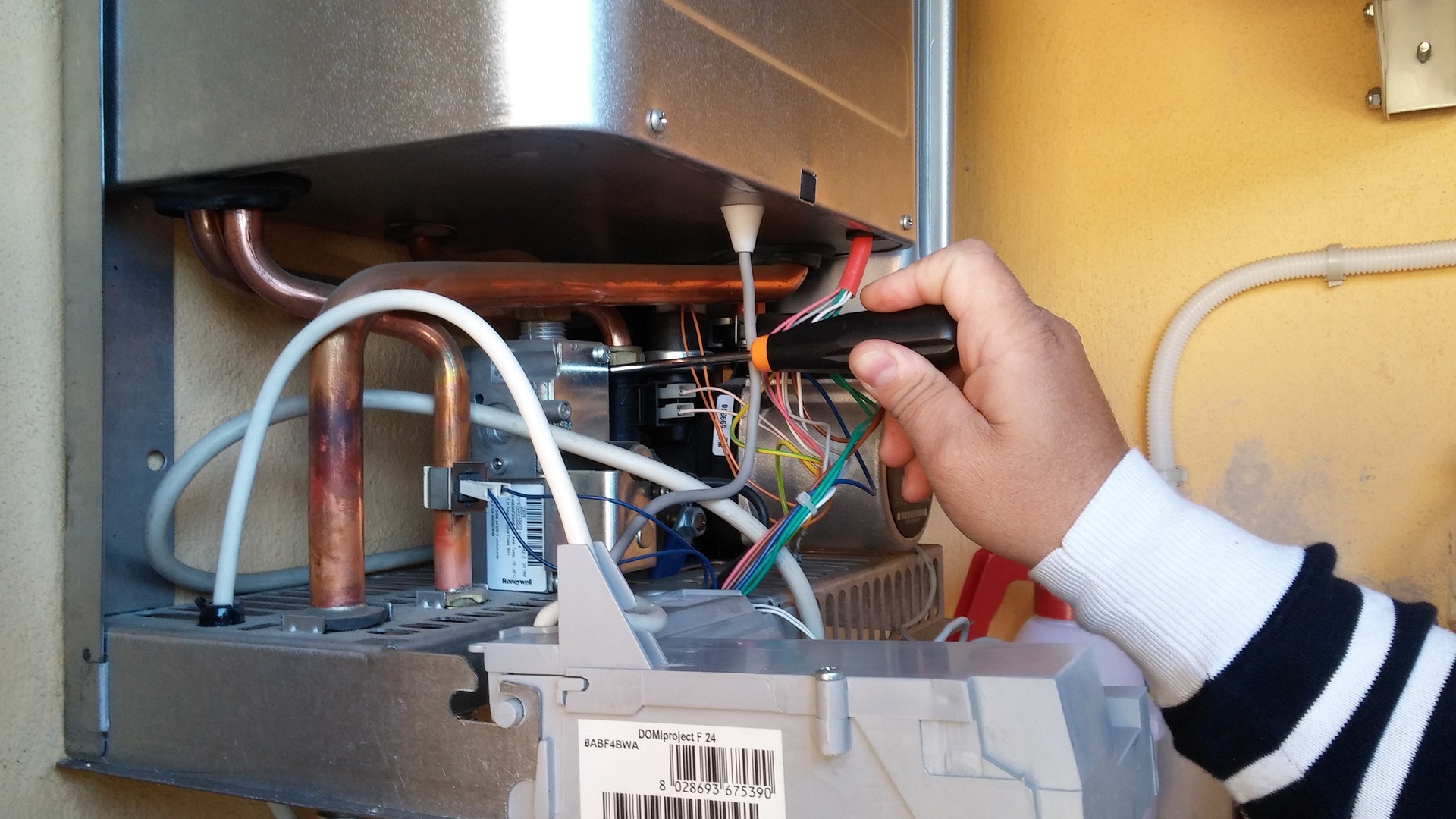Understanding Plumbing Training Options: A Comprehensive Overview for 2025
As interest in skilled trades continues to grow, many are exploring what plumbing training paths could look like in 2025. This overview outlines how people typically approach apprenticeships, certification courses, and hands-on programs when considering careers in plumbing. Whether starting fresh or reskilling, understanding how these learning formats are structured can help individuals evaluate what's right for them.
What Makes Plumbing Apprenticeship Programs Stand Out?
Plumbing apprenticeship programs combine hands-on experience with classroom instruction, typically lasting four to five years. These programs allow apprentices to earn while they learn, starting with basic tasks and gradually advancing to complex installations and repairs. Most apprenticeships require a high school diploma or equivalent and involve working alongside experienced journeymen plumbers. The structured approach ensures comprehensive skill development across residential, commercial, and industrial plumbing systems. Union-sponsored apprenticeships often provide additional benefits including health insurance and retirement plans.
How Do HVAC Certification Options Enhance Career Prospects?
HVAC certification complements plumbing skills by expanding career opportunities into heating, ventilation, and air conditioning systems. Many plumbers pursue dual certification in plumbing and HVAC, as these systems often interconnect in modern buildings. Certification programs cover refrigeration principles, electrical components, system diagnostics, and energy efficiency standards. The combination of plumbing and HVAC skills makes professionals more valuable to employers and opens doors to specialized roles in commercial buildings, hospitals, and industrial facilities.
Are Online Trade Schools Effective for Plumbing Education?
Online trade schools offer flexible scheduling for those balancing work, family, or other commitments while pursuing plumbing education. These programs focus on theoretical knowledge including building codes, safety regulations, blueprint reading, and plumbing systems design. While hands-on skills require in-person practice, online coursework provides a solid foundation in plumbing principles. Many students combine online education with local workshops or laboratory sessions to gain practical experience. This hybrid approach suits adult learners seeking career changes or advancement in the plumbing field.
What Does Skilled Trades Training Include Beyond Basic Plumbing?
Skilled trades training encompasses a broad curriculum that prepares students for diverse challenges in the plumbing profession. Modern programs include green technology, smart building systems, and sustainable plumbing practices. Training covers pipe fitting, welding techniques, water treatment systems, and advanced diagnostic tools. Students learn about different pipe materials including copper, PVC, PEX, and cast iron, along with appropriate installation methods for each. Safety protocols, OSHA regulations, and proper tool usage form essential components of comprehensive skilled trades training programs.
Cost Comparison of Popular Plumbing Training Programs
| Training Type | Provider Example | Duration | Cost Estimation |
|---|---|---|---|
| Community College Program | Local Community Colleges | 6-24 months | $3,000-$8,000 |
| Trade School Certificate | Lincoln Tech, UTI | 8-18 months | $15,000-$30,000 |
| Apprenticeship Program | Local Union/Contractors | 4-5 years | Paid training ($35,000-$50,000 annual wages) |
| Online Certification | Penn Foster, Ashworth | 4-12 months | $1,500-$5,000 |
Prices, rates, or cost estimates mentioned in this article are based on the latest available information but may change over time. Independent research is advised before making financial decisions.
Community colleges typically offer the most affordable option for formal plumbing education, with in-state tuition rates making programs accessible to many students. Private trade schools provide intensive training with modern equipment but come with higher costs. Apprenticeship programs offer the unique advantage of earning income while learning, though competition for positions can be intense. Online programs provide the lowest upfront costs but require additional hands-on training to develop practical skills.
The plumbing profession offers multiple pathways to success, each with distinct advantages depending on individual circumstances and career goals. Whether through traditional apprenticeships, formal education, or modern online learning, aspiring plumbers can find training options that match their needs and timeline. The investment in proper training pays dividends through job security, competitive wages, and opportunities for entrepreneurship. As technology continues to evolve in the plumbing industry, ongoing education and certification updates remain important for career advancement and staying current with industry standards.





